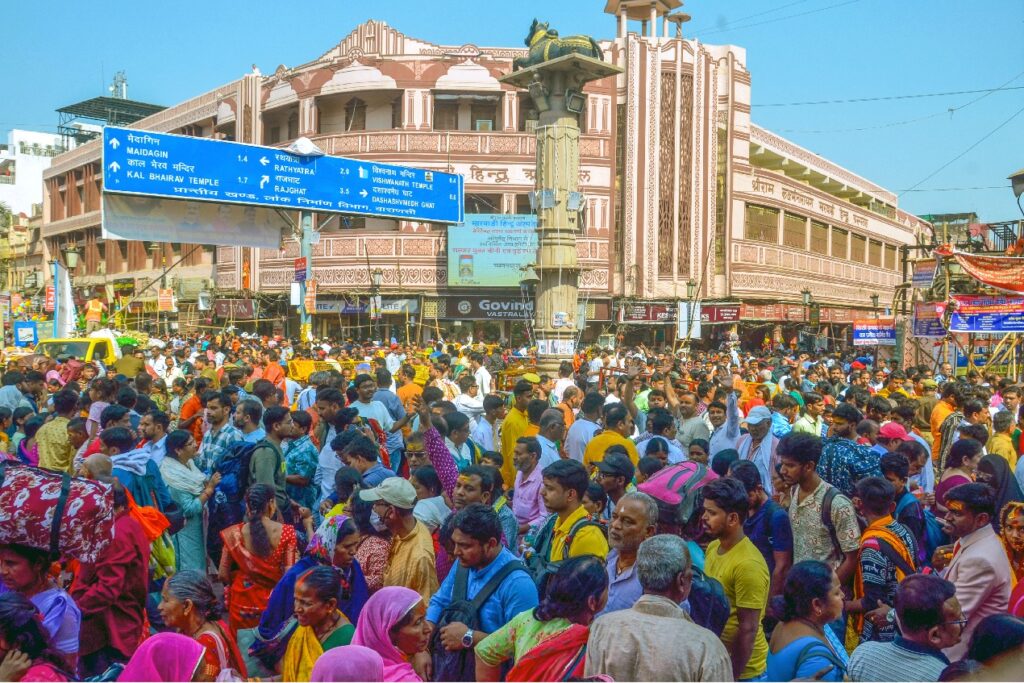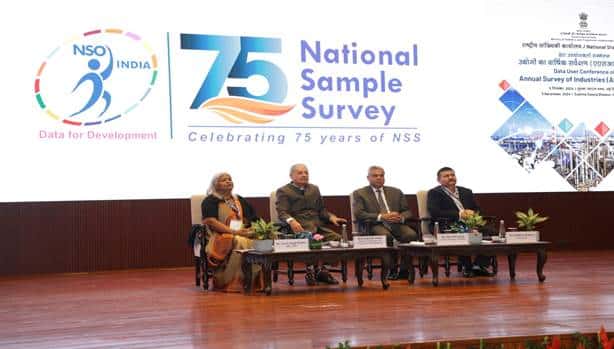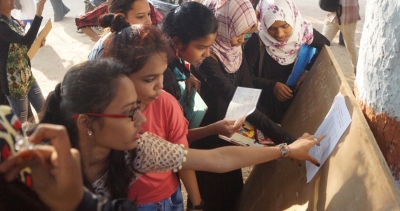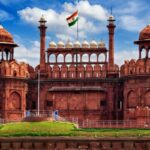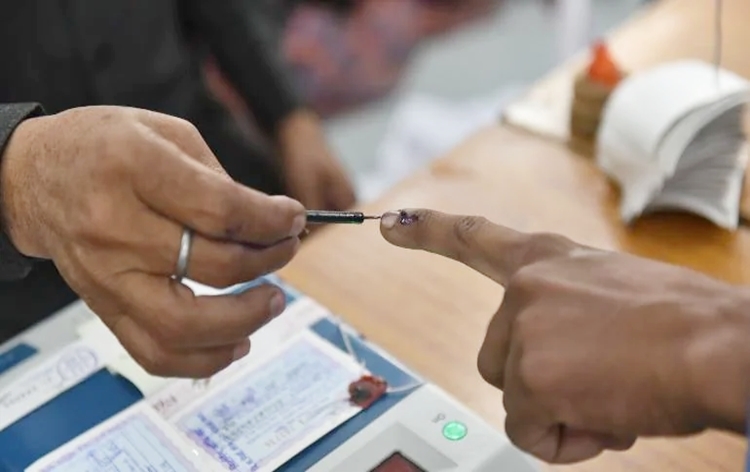ASI survey resumes in Gyanvapi, heavy security deployed at the site
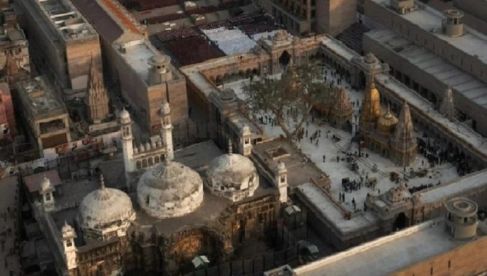
Following a judgement from the Allahabad high court allowing the ASI to perform the survey, the scientific survey of the complex next to Kashi Vishwanath Temple, except Wuzu Khana, commenced last Friday.
On Tuesday, the Archaeological Survey of India (ASI) began its scientific assessment of the Gyanvapi complex in Uttar Pradesh’s Varanasi for the fifth day in a row to ascertain if the 17th-century mosque was built atop a pre-existing Hindu temple construction. As the ASI team continued the inspection at 8 a.m., counsel Sudhir Tripathi, representing the Hindu side, stated that the dome survey had not yet been finished, reported HS.
“It appears that the dome survey has not been completed. The ‘Tahkhana’ is also being examined. Photography and videography are impossible without clearing the rubble, according to attorney Sudhir Tripathi. The ASI is still conducting its study of the Gyanvapi mosque complex, so heavy security has been put in place.
According to Rekha Pathak, a Hindu side petitioner, “the ‘Tahkhana’ could open today. The survey has piqued our interest. Getting up in the morning and heading to work has become regular for us. That’s exactly how we feel. Our job is to keep an eye on things.
Following a judgement from the Allahabad high court allowing the ASI to perform the survey, the scientific survey of the complex next to Kashi Vishwanath Temple, except Wuzu Khana, commenced last Friday.
The high court dismissed a petition filed by the Muslim side, the Anjuman Intezamia Masjid Committee, challenging a Varanasi court order allowing the ASI to conduct a scientific survey of the Gyanvapi mosque premises, with the exception of the ‘Wazukhana’ area where a “Shivling” was claimed to have been discovered last year.
Gyanvapi survey has been delayed: The ASI examination of the Gyanvapi mosque was momentarily delayed on Monday due to a large crowd at the nearby Kashi Vishwanath temple. Mondays in the month of’sawan’ are very important for devotees, who queue up at temples to worship Lord Shiva. The survey began three hours late at 11 a.m., as a mass of pilgrims assembled at the Kashi Vishwanath temple, and lasted until 5 p.m. Monday was the fourth day of the Archaeological Survey of India’s (ASI) exercise in response to court orders.



